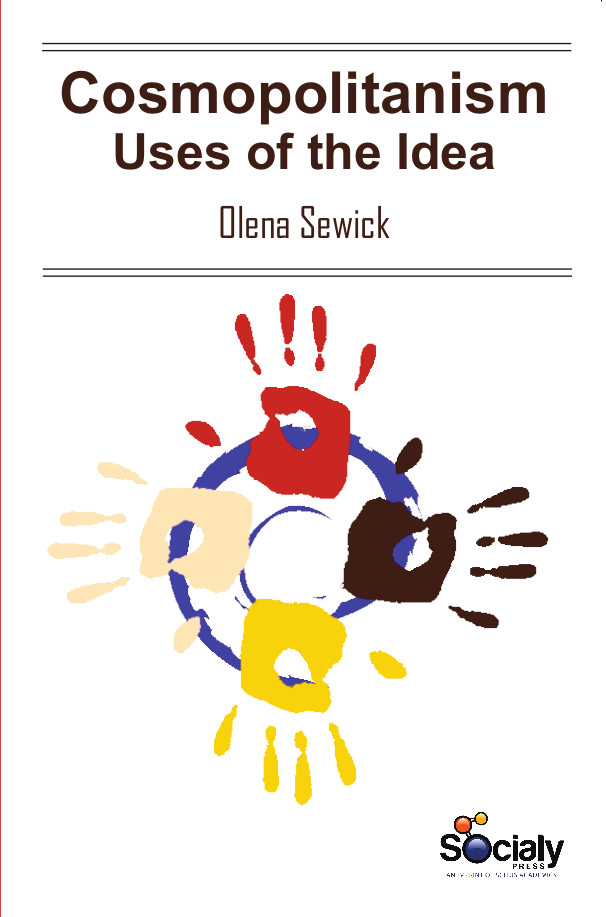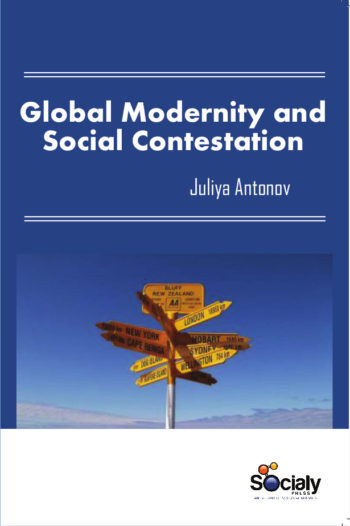Cosmopolitans inspire us to consider ourselves as citizens of the world and to take this allegiance to the world community as relevant in our moral deliberations. Cosmopolitanism is a western notion that epitomizes the need social agents have to conceive of a political and cultural entity, larger than their own homeland, that would encompass all human beings on a global scale. Cosmopolitanism presupposes a positive attitude towards difference, a desire to construct broad allegiances and equal and peaceful global communities of citizens who should be able to communicate across cultural and social boundaries forming a Universalist solidarity. Its inclusive drive is most evident in moments of crisis of other modes of representing and ascribing membership to existing socio-political and cultural units. Cosmopolitanism slowly began to come to the fore again with the renewed study of more ancient texts, but during the humanist era cosmopolitanism still remained the exception. Despite the fact that ancient cosmopolitan sources were well-known and that many humanists emphasized the essential unity of all religions, they did not develop this idea in cosmopolitan terms. In most versions of cosmopolitanism, the universal community of world citizens functions as a positive ideal to be cultivated, but a few versions exist in which it serves primarily as a ground for denying the existence of special obligations to local forms of political organizations. Versions of cosmopolitanism also vary depending on the notion of citizenship they employ, including whether they use the notion of ‘world citizenship’ literally or metaphorically. The philosophical interest in cosmopolitanism lies in its challenge to commonly recognized attachments to fellow citizens, the local state, parochially shared cultures, and the like.
Cosmopolitanism: Uses of the Idea compiles both historical and contemporary methodologies to cosmopolitanism, in addition to recognizing its multidimensional nature to show the essence of cosmopolitanism as a theoretical idea and cultural practice. Since its inception, cosmopolitanism has been a category marked by a need to negotiate with “others” and has reflected tensions between local and supraglacial realities, ethnocentric and relativist perspectives, and particularism and universalism. Historically, cosmopolitanism has mirrored the ideologies of different periods and modes of integration to larger, imperial or global, political entities. The Internet has brought about the possibility of a transnational imagined virtual community: a decentred cosmopolitan crowd, synchronized by cyberspace, interacting on real-time, and engaging in global commercial, cultural and political exchange. A number of works provide general overviews of cosmopolitanism, including its practices, theorizing, and interpretations of issues in contemporary political and social theory. The monograph examines the idea of cosmopolitanism—what it is and what it entails and its role in addressing global issues.













